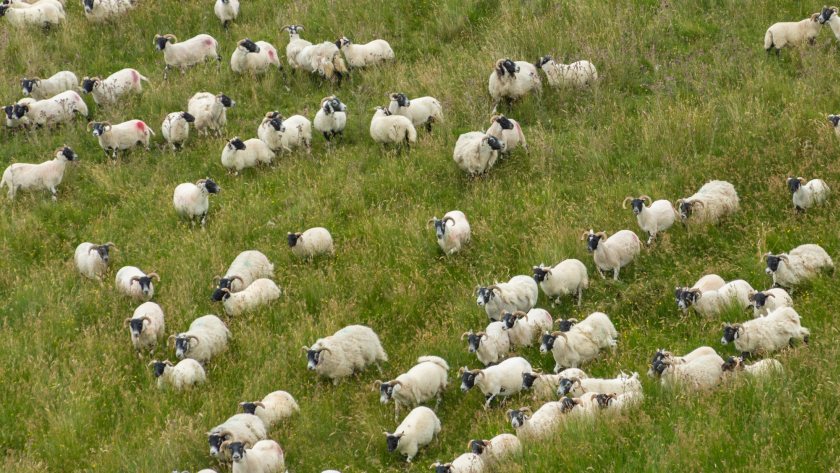
Farmers in the Scottish Borders are being urged to speak up as scientists race to understand the growing threat of bluetongue and its impact on UK livestock.
Researchers at the James Hutton Institute are calling on farmers and livestock keepers in the region to share their thoughts on the disease.
Bluetongue, a viral disease transmitted by biting midges, affects sheep, cattle and goats. While not harmful to humans, it can cause fever, swelling, and lameness in animals, with severe cases leading to abortion, malformation, or death.
A new strain of the virus, BTV-3, was confirmed in England in November 2023 following outbreaks across northern Europe.
Since then, the disease has continued to spread, prompting the UK government to introduce restrictions on livestock movements from England to Scotland in early July 2025.
In response, scientists from the Hutton Institute are inviting local farmers and keepers to attend one of three workshops focused on how the disease—and associated government restrictions—are affecting them.
The events, funded by EPIC Scotland, will run from 6:30pm to 9pm and include: Tuesday 29 July – St Boswells; Wednesday 30 July – Carlisle; and Thursday 31 July – Lockerbie.
Dr Niamh Mahon, a research scientist at the institute, said: “As part of Scottish government-funded research, we will be holding three workshops along the Scottish Borders with cattle and sheep keepers to explore their thoughts and concerns around BTV and the measures to combat the disease.
“It is important that the voices of farmers and keepers are heard, and key, anonymised findings will be shared with Scottish policymakers to help inform future disease control actions.
“We encourage any farmers or keepers with views on this important subject to come along to one of the workshops to share their thoughts and experiences.”
All attendees will be offered supper and reimbursed for travel and childcare costs.
Places are limited, so those wishing to attend are encouraged to register in advance by emailing carol.kyle@hutton.ac.uk or calling 01224 395206.
The findings will be anonymised and fed back to the Scottish government to support the development of future animal disease policies.
